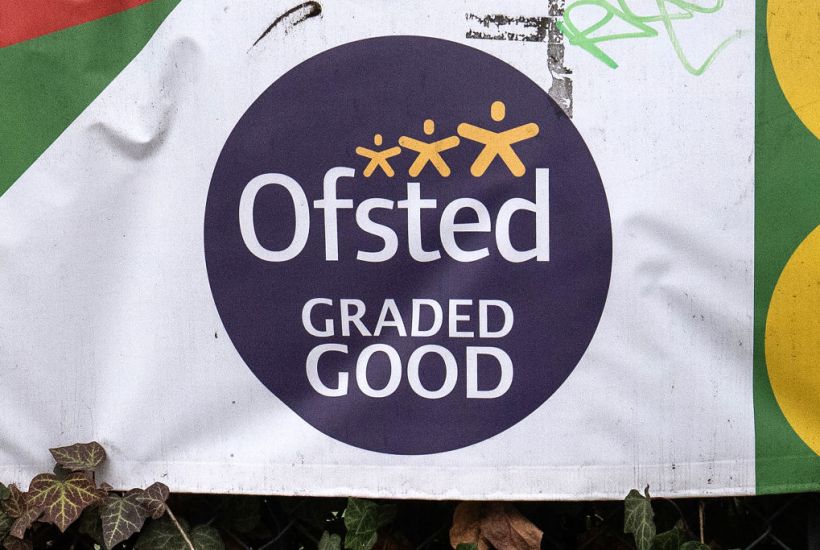Ruth Perry’s death last year was a tragedy. The headteacher had carried the burden of an Ofsted inspection pretty much alone over the Christmas holiday. The sword of Damocles was no longer dangling by a thread, but hurtling towards her. Perry knew that the inspection report was on its way but only one word mattered: inadequate.
Already a subscriber? Log in
Subscribe for just $2 a week
Try a month of The Spectator Australia absolutely free and without commitment. Not only that but – if you choose to continue – you’ll pay just $2 a week for your first year.
- Unlimited access to spectator.com.au and app
- The weekly edition on the Spectator Australia app
- Spectator podcasts and newsletters
- Full access to spectator.co.uk
Or




















Comments
Don't miss out
Join the conversation with other Spectator Australia readers. Subscribe to leave a comment.
SUBSCRIBEAlready a subscriber? Log in